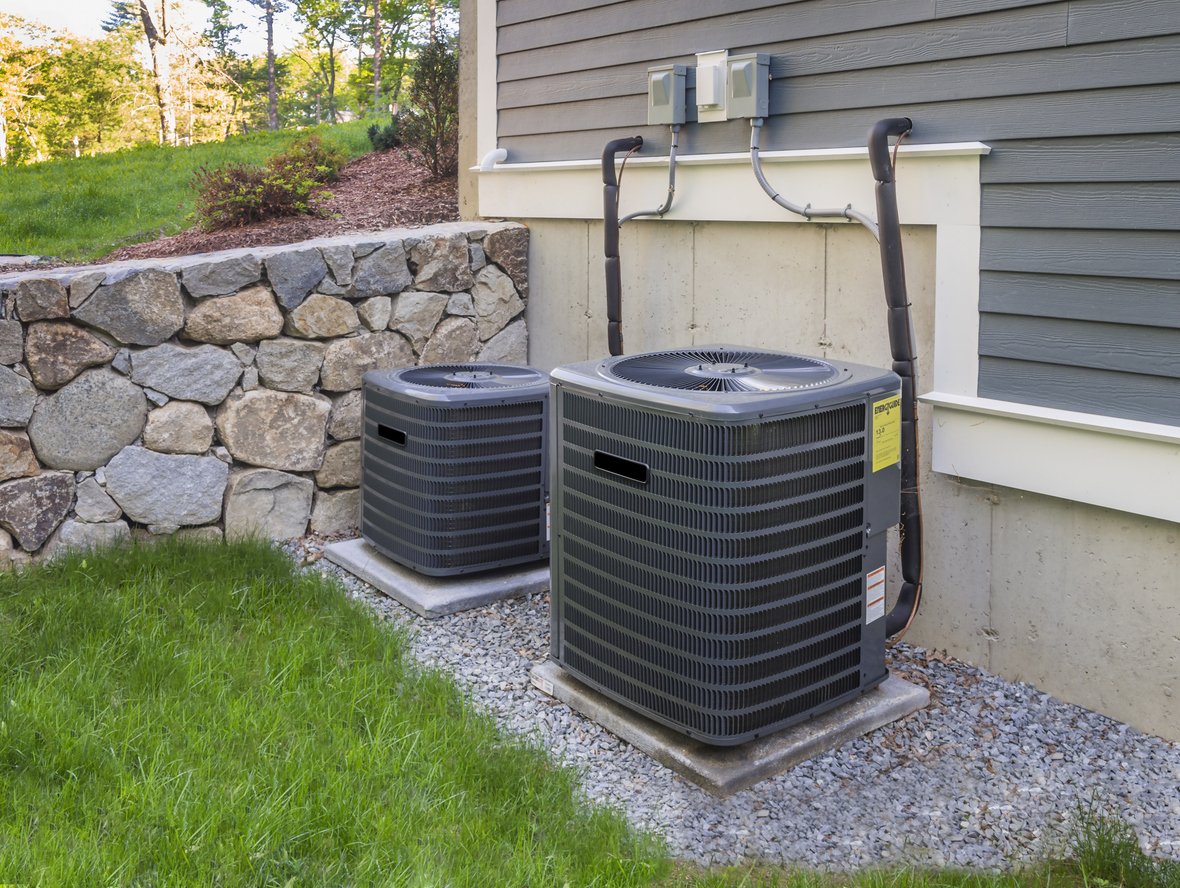Signs of a Failing Air Conditioning System
There is nothing more important to me than a functioning AC. With summer is in full swing, keeping the AC running is fundamental to keeping me running. However, like any mechanical system, air conditioners can wear out and fail over time. Recognizing the early signs of a failing AC system can save us all from unexpected breakdowns and costly repairs. Here are the key indicators that your air conditioning unit might be on its last legs.
Insufficient Cooling
One of the most obvious signs of a failing AC system is inadequate cooling. If your air conditioner is running but your home still feels warm or there are noticeable temperature differences between rooms, it’s a sign that your system is struggling. This could be due to issues like a failing compressor, low refrigerant levels, or a clogged filter.
Unusual Noises
Air conditioners are designed to operate quietly. If you start hearing strange noises such as grinding, squealing, or banging, it’s a clear indication that something is wrong. These noises could be caused by loose or broken parts, a failing motor, or debris trapped in the system. Addressing these noises early can prevent further damage.
Frequent Cycling
Air conditioners typically go through cycles of turning on and off to maintain the desired temperature. If your AC is cycling on and off more frequently than usual, it could be a sign of an underlying issue. Frequent cycling can be caused by a variety of problems including an oversized system, a malfunctioning thermostat, or electrical issues.
Higher Energy Bills
A sudden spike in your energy bills without a corresponding increase in usage is a red flag. As air conditioners age, they become less efficient and require more energy to cool your home. Regular maintenance can help improve efficiency, but if your AC is still causing high energy costs, it might be time to consider a replacement.
Poor Airflow
If you notice weak or inconsistent airflow from your vents, it could indicate a problem with the blower motor, ductwork, or an air filter that needs replacing. Poor airflow not only reduces comfort but can also cause your system to overwork and potentially fail prematurely.
Foul Odors
Unpleasant smells coming from your air conditioning vents are not only uncomfortable but also indicative of serious problems. Musty odors often point to mold or mildew growth within the system or ductwork, while burning smells can indicate electrical issues. Both situations require prompt attention from a professional.
Moisture and Leakage
While some condensation around the air conditioner is normal, excessive moisture or active leaks are a cause for concern. Leaking refrigerant or a blocked drain pipe can lead to more significant problems and even damage other parts of your home. Address leaks immediately to avoid further complications.
Age of the System
The typical lifespan of an air conditioning system is around 10-15 years. If your unit is within or beyond this age range and exhibiting any of the signs mentioned above, it may be more cost-effective to replace it rather than continually repairing it. Newer models are more energy-efficient and come with advanced features that can enhance comfort and savings.
Final Thoughts: Keeping Your AC Running Smoothly
Being proactive about the health of your air conditioning system can save you from discomfort and expensive repairs. If you notice any of these warning signs, it’s best to contact a professional HVAC technician to diagnose and address the issue. Regular maintenance and timely repairs can extend the life of your AC unit and ensure it operates efficiently throughout its lifespan.
Keep an eye on your AC system, and don’t hesitate to take action at the first sign of trouble. Your comfort during the hot summer months depends on it!

